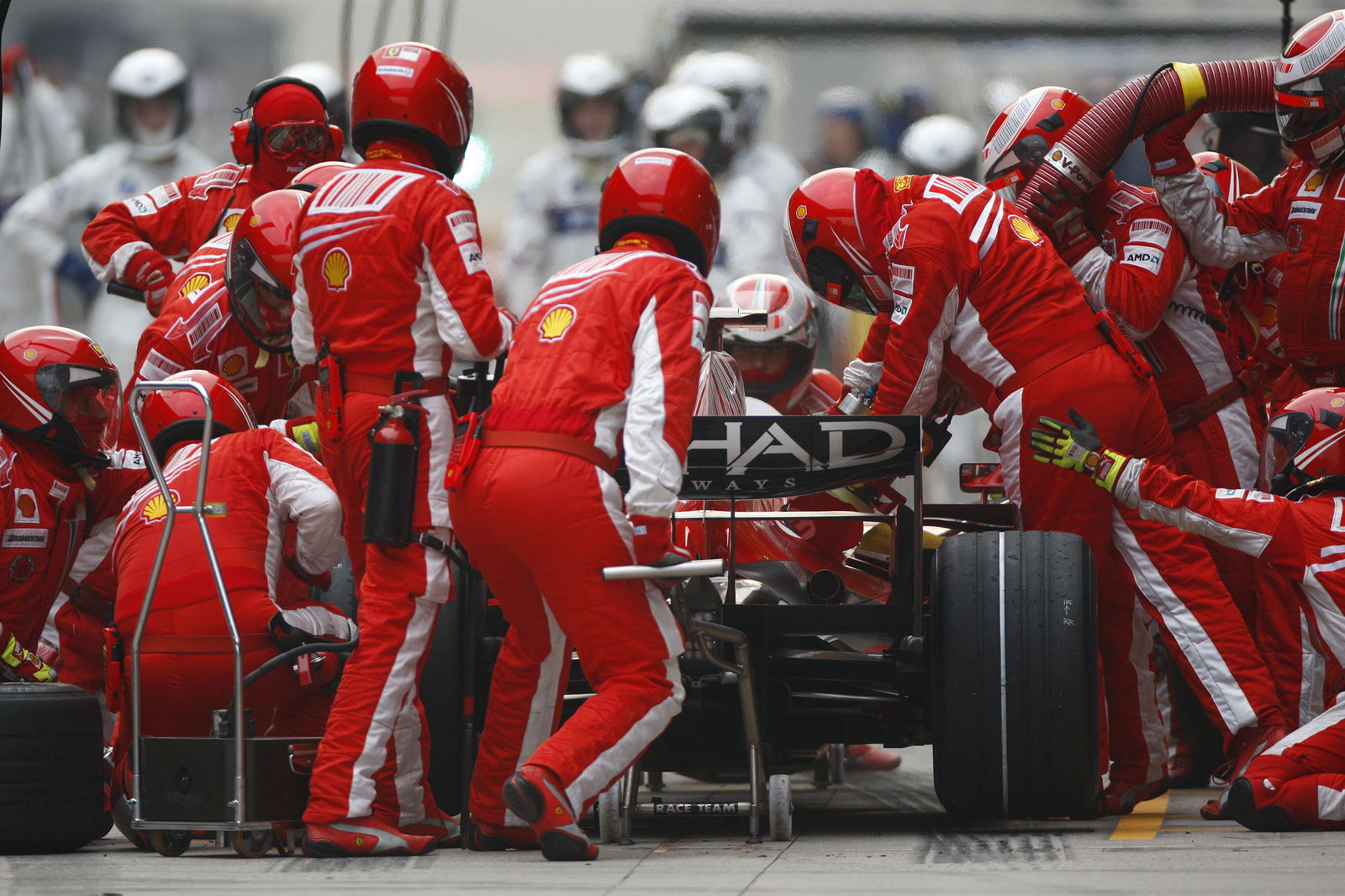Ferrari blast 'fundamentally unfair and biased' F1 cost cap
Ferrari has criticised Formula 1's new optional budget cap as 'fundamentally unfair and perhaps even biased' and as being liable to create a two-tier, split-level championship of haves and have-nots - as Luca di Montezemolo hinted that the team's participation is 'not a never-ending story'.
Ferrari has criticised Formula 1's new optional budget cap as 'fundamentally unfair and perhaps even biased' and as being liable to create a two-tier, split-level championship of haves and have-nots - as Luca di Montezemolo hinted that the team's participation is 'not a never-ending story'.
The ?40 million limit was formally ratified during a meeting of the governing body's World Motor Sport Council (WMSC) in Paris earlier this week, with those teams that adhere to it set to benefit from such technical incentives as movable front and rear wings, an engine that is not subject to a rev limit, unlimited out-of-season track testing, no restrictions on the scale and speed of wind tunnel testing and twice as much KERS (Kinetic Energy Recovery Systems) power - none of which will be available to their free-spending rivals.
FIA President Max Mosley has suggested that as the top flight's longest-standing entrant, Ferrari would be setting a strong example should it pledge its support to the budget cap - something its own president, di Montezemolo, has made it clear the team is unlikely to do. The Italian wrote to Mosley on 28 April - two days before the details of the cap were made public - expressing his misgivings about the idea and complaining that the Scuderia had been granted insufficient time to consider the proposal before the WMSC reunion.
According to international news agency Reuters, di Montezemolo warned Mosley that Ferrari's status meant it had guaranteed rights within the sport - and that he expected those rights to be respected. He added that he had 'always been concerned' about a cost cap 'mainly because I consider that there are serious technical difficulties in making sure that any cap can realistically be monitored'.
The 61-year-old contended that the move would likely create 'two categories of teams' and consequently confuse fans, and suggested the regulation changes were being unnecessarily rushed through, adding: "Any controversy [regarding] the actual respect of the cost cap would undermine the image of Formula 1 and could seriously damage any involved team."
Though Ferrari is not the only one of the ten current teams to have reacted cautiously to the cap, Mosley afforded di Montezemolo's arguments short shrift, insisting that unless urgent action is taken to rein in F1's out-of-control expenditure, Honda is unlikely to be the last manufacturer or independent outfit to pull the plug on its involvement.
"I hope Ferrari will take the lead in agreeing to the cost cap mechanism," the 68-year-old wrote in a return letter, "thus freeing its engineers to work and preserving its shareholders' money. As you know, we are in an unprecedented situation. The car industry and financial services are the two main sources of Formula 1 income - both are in serious difficulty. We cannot just sit and wait, hoping nothing bad will happen.
"We have already lost one manufacturer. Despite my repeated requests, not a single manufacturer has given us a legally-binding undertaking that it will continue in Formula 1.We may lose another manufacturer team at any moment.
"We already know that the current levels of expenditure are unsustainable for the independent teams. If we are to reduce the risk of the Formula 1 World Championship collapsing, we have to allow new teams in. We also have to reduce costs drastically. The matter is therefore extremely urgent."
Ferrari refused to comment on the budget cap announcement on Thursday, but in a separate interview di Montezemolo did hint that despite almost six decades' continuous presence in F1, no condition is permanent.
"We want Formula 1 to be a technologically competitive series where there is competition in which we can develop gearboxes, engines, electronics and, yes, why not KERS (Kinetic Energy Recovery Systems)," he told the official F1 website, "and then transfer this to our road cars. Competing in Formula 1 means extreme competition between teams, drivers, cars, technology and technicians. We want to maintain this kind of level. This is the reason why we've been against a standardised engine.
"What I feel is important is that we have stability and credibility of governance of Formula 1. What I think we need is a strong political authority, we need clear rules, we need teams that are very close away from the track and [have]good competition at the track and we need a modern, efficient company as the commercial rights-holder. Having said that I don't like to do polemics, as this is what Formula One doesn't need as it is facing difficult times. I personally have a lot of passion and Ferrari has a lot of passion, but this is not a never-ending story, so we will see."
